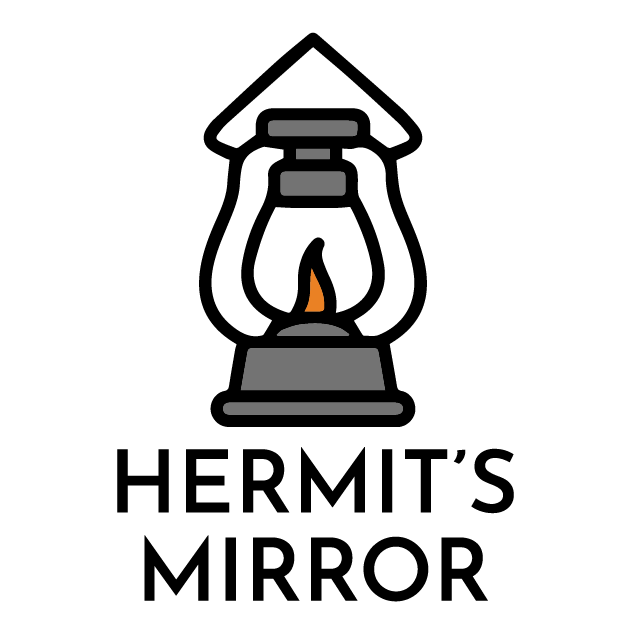Divine Writing, or Tarot for Writers
One of the first custom tarot spreads that I ever shared publicly was designed for writers: Conflict and Resolution. Since the narrative arc of traditional fiction is based on minor conflicts and their resolution on the way to some grander arc, the spread was intended to help you identify an interesting conflict and a creative resolution. When I was done creating it, I realized that it could be helpful for anyone who was dealing with a conflict. Creating narratives is a great way of seeing how reality can play out.
Cards from the Vindur Deck by Leah Pantéa start to inspire a new story.
For a long time, I was not comfortable with the spiritual or psychic components of tarot reading, so I chose to use tarot as a tool for creative problem-solving. And quite frankly, I continue to find divination most useful as such a tool (and continue to believe there’s a lot of misuse of the other sort of readings). It can focus the mind and pull out what has been unrealized. That makes it great for all kinds of “problem-solving.”
In coaching, your client wants to achieve something or overcome something or get somewhere. They haven’t been able to do it on their own for whatever reason, and the coach is able to help them solve the various problems that are preventing them from achieving their goals on their own.
In shadow work, you’re trying to work through something that is consciously misunderstood, submerged, and kept disempowered. To do the work, you need to carefully excavate and examine it in the light. You need to understand how it affects you negatively before thinking about how it might help you in positive ways. That takes some creative solutions.
In predictive readings, you are often trying to discover potential obstacles or the causes of problems, past and future, that need further understanding. Once you have discovered them, it takes some creativity and problem-solving to change the expected outcomes if you don’t like where things are headed (and it’s rarely a bad idea to creatively reinforce the probable trajectory of something you want to see happen).
But some of us struggle to think creatively, even when prompted with the ideas presented by unexpected tarot cards, runes, tea leaves, and so on. I’m sure we’ve all been in a position where we see what we hoped (or feared) to see, and we just couldn’t move past that to create some new reality. That’s where writing can really illuminate your readings. You’ve probably seen my reflective tarot questions ripe for deep journaling, but divination can benefit from fiction writing too.
Writing compelling fiction requires specificity and action. Those are key ingredients to meaningful readings too. That’s why my 31-day divination challenge, Forecasting My Life Line, features prompts for storytelling, for creating fictional characters and fictional narratives. It feels safer. You can be fatalistically predictive and incredibly specific if you want, and no one’s life will be ruined by any “inaccuracies” in your reading. It’s a great practice arena. And when you have very vague readings, you know that they’re vague. There are no shortcuts when you’re working with a character and reality that does not exist. You have to do the work to create and understand the details.
Beyond helping you get more specific, using divination for writing (or writing your way through a reading) will help you see the point of the reading. What are the actual cause and effect of what you’re examining? What impacts will it have? What can someone do to change the direction that their adventure is headed? Traditional Western narratives have main characters with agency. They move the story forward, even when they are a tragic figure reacting to a serious of events, they are making decisions and taking actions that have consequences.
And while it’s beyond the scope of this blog post, writing can also be used to supplement certain kinds of therapy as you rewrite past events to narrate how they might have gone differently and how you can regain control over your past narratives. If you’re curious, it’s called narrative therapy. It’s often seen as a kind of play therapy, but it has been effectively used with PTSD for folks of all ages, among other things.
Using your divination for writing fiction provides you with a great opportunity to practice seeing cause and effect, underlying motivations and intended goals, and problems and solutions. You don’t have to be a good writer to become a much better diviner. But who knows? You might surprise yourself with some latent writing talents!
If you want a place to start, you should try out my Telling Your Story tarot/oracle spread, inspired by my work with the Kipper system of cartomancy. It can be used to create a character and inciting incident, and it can also be used for self-reflection and future-mapping. Get specific. And make it interesting.
And if you’re thinking that this feels like a very Gemini thing to do, you’re right. It’s Gemini season, and it’s a Gemini inspired post written on a day when the sun and Mercury (the ruler of Gemini) are conjunct my own Mercury in Gemini. So embrace that Gemini mood. My second Gemini challenge for Instagram, the Free Writer Challenge, includes some more opportunities to practice using tarot for creating your own narrative while you connect with Gemini in all kinds of ways.



